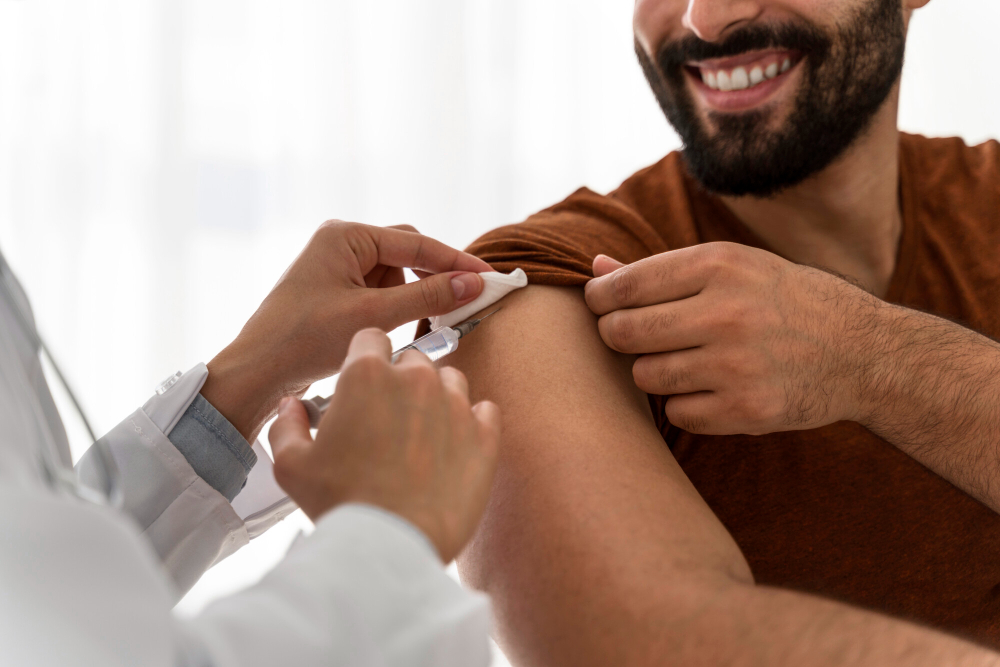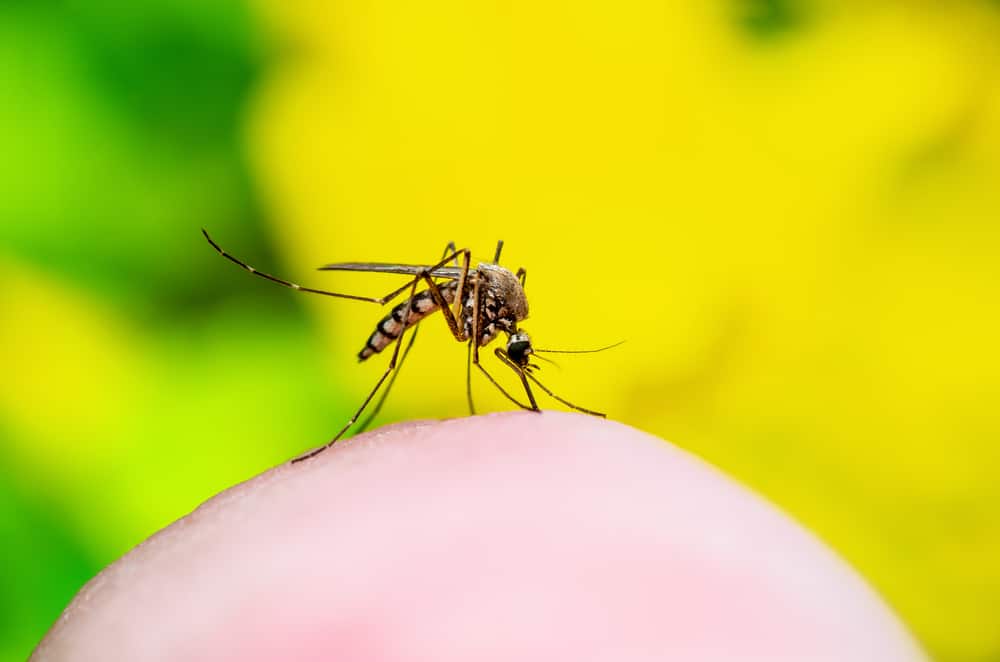How to Protect Yourself from Food Poisoning and Hepatitis A While Travelling

While travelling outside your home country, the most common and potentially severe risks are hepatitis A and food poisoning. Both these illnesses are caused by the consumption of contaminated food and water, and unhygienic…
While travelling outside your home country, the most common and potentially severe risks are hepatitis A and food poisoning. Both these illnesses are caused by the consumption of contaminated food and water, and unhygienic practices.
Hepatitis is a viral liver infection that can lead to symptoms ranging from mild flu-like illness to severe liver disease. Fortunately, a hepatitis A vaccination can provide effective protection and ensure your travel plans go smoothly.
In this blog, we’ll be talking about travel and dining tips to protect yourself from food poisoning and hepatitis A, and how the hepatitis A vaccine proves to be beneficial.
How Do You Recognise the Symptoms of Food Poisoning while Travelling?
Food poisoning can quickly turn a dream holiday into a nightmare. Symptoms often vary depending on the contaminant but normally include-
- Nausea and vomiting
- Diarrhoea
- Stomach cramps
- Fever
- Headache
- Muscle aches
These symptoms can start within hours of consuming contaminated food or water and may last for several days. This causes significant discomfort and disruption to your travel plans.
Why is it Important to Prevent Food Poisoning while Travelling?
Food poisoning is a common risk when travelling, especially to destinations with different hygiene standards and unfamiliar foods. Here are key reasons why preventing food poisoning while travelling is important-
- Health and Safety- Food poisoning can result in severe illness, ruining your trip and potentially requiring medical attention. Its symptoms can be particularly uncomfortable and inconvenient when you’re away from home.
- Enjoyment of the Trip- Travelling often involves experiencing new cuisines and dining out at unfamiliar places. Falling ill due to food poisoning can spoil the enjoyment of trying new foods and exploring the local food.
- Avoiding Disruption- Getting sick during your travels can disrupt your plans, forcing you to cancel or modify your itinerary. This can result in missed opportunities to visit attractions, attend events, or engage in planned activities.
- Time and Money- Dealing with food poisoning may require you to spend time seeking medical assistance, resting, or recuperating instead of enjoying your trip. It could also lead to unexpected expenses for medications or medical care, impacting your travel budget.
- Prevention of Spread- Foodborne illnesses are often contagious and can spread to others travelling with you or even to people you come into contact with during your journey. Preventing food poisoning protects not only you but also those around you.
Travel and Dining Tips for Protection Against Food Poisoning and Hepatitis A
Food poisoning and hepatitis A can quickly turn your holiday into an unpleasant experience. Here are some effective food poisoning and hepatitis A prevention measures to protect yourself from these illnesses-
- Get Vaccinated- Make sure you receive the hepatitis A vaccination at least two weeks before your departure. This vaccine is highly effective in preventing the virus and provides long-term immunity.
- Practise Good Hygiene- Always wash your hands with soap and water before eating and after using the restroom. If soap and water are not available, use a hand sanitiser with at least 60% alcohol.
- Be Cautious with Water- Drink bottled or treated water. Avoid ice cubes in drinks as they can be made from contaminated water. Use bottled water for brushing your teeth as well.
- Choose Food Wisely- Eat only thoroughly cooked food. Avoid raw or undercooked meat, seafood, and eggs. Be cautious with street food; opt for stalls that are busy and have a high turnover of food.
- Peel Fruits and Vegetables- Consume fruits and vegetables that you can peel yourself. Avoid salads and other raw produce that might have been washed in contaminated water.
- Stay in Clean Accommodations- Choose hotels or accommodations with good hygiene practices. Read reviews focusing on cleanliness and food safety.
- Avoid Unpasteurised Products- Steer clear of unpasteurised milk, cheese, and other dairy products, as these can harbour harmful bacteria.
Why Do You Need Hepatitis A Vaccine for Travel?
The hepatitis A vaccine is an essential precaution for travellers because hepatitis A is a highly contagious virus. Even a small amount of the virus can cause infection. The vaccine is safe and effective and provides long-lasting protection.
By getting vaccinated, you significantly reduce your risk of contracting hepatitis A, which can lead to severe health issues and disrupt your travel plans.
How Do I Find Hepatitis A Vaccination Clinics Near Me?
Our qualified healthcare professionals can offer advice tailored to your travel destination and ensure you receive all necessary vaccinations.
At Miles Pharmacy, we take the stress out of travel health preparations, so you can focus on enjoying your trip. So, trust us to help you travel safely and confidently.
Book an Appointment with Miles Pharmacy for Hepatitis A Vaccination
By being cautious about food safety and getting the hepatitis A vaccination, you can protect yourself and make the most of your trip.
For expert travel vaccination services, including hepatitis A vaccination, book an appointment with us.


